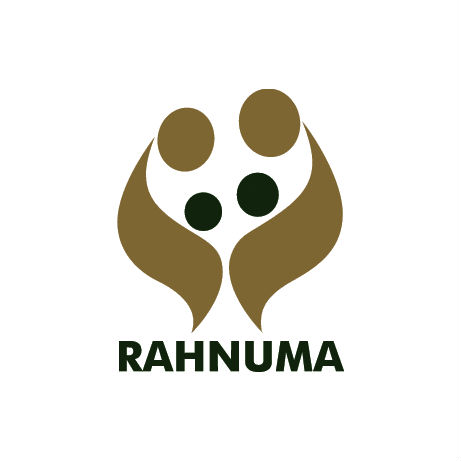

| 31 March 2016
Rutgers
In January 2011, Rutgers Nisso Groep and the World Population Foundation merged to form Rutgers. Rutgers is dedicated to promoting sexual and reproductive health and rights (SRHR) in the Netherlands and worldwide. The organization is a non-grant-receiving full Member Association of IPPF. The 3 fundamental principles underpinning Rutgers's work are the promotion of equal sexual treatment, the protection and improvement of SRHR, and the emancipation of specific vulnerable groups, or groups with particular sexual and reproductive health (SRH) needs. Rutgers contributes to the improvement of education, prevention, counselling and policy by gathering and disseminating knowledge. It does this by conducting scientific research and developing practical and appropriate services and materials for various target groups. It produces teaching packages, websites, books and brochures. Other work undertaken by the Member Association includes the organization of disciplinary education course for first-time youth sex offenders, training for healthcare professionals, research into (and the prevention of) gender-based violence (GBV), the development of preventive interventions, and monitoring changing sexual issues in the Netherlands. Contacts Website: http://www.rutgers.international Facebook: https://www.facebook.com/Rutgers Twitter: https://twitter.com/RutgersNL

| 31 March 2016
Rahnuma-Family Planning Association of Pakistan
Rahnuma (formerly the Family Planning Association of Pakistan or FPAP) started serving poor and marginalized people in Pakistan as the Family Planning Association of Pakistan (FPAP) in 1953. After over 50 years of momentous achievements, the FPAP felt that its name did not fully reflect the scope of its work. It renamed itself ‘Rahnuma’, an Urdu word meaning 'one who shows the path and provides direction'. Rahnuma was one of the pioneers in providing family planning services and advocating for spacing of childbirth and for smaller families. The government later embraced the cause by establishing the Ministry of Population Welfare. In the space of a decade, Rahnuma grew from a single clinic, based in 1 room in Karachi, to a large-scale operation with an infrastructure of district branches offering model clinics and information and educational facilities. Today, the network operates nearly 5,000 service points, comprising 118 permanent clinics, 11 mobile units, 191 associated clinics and over 2,000 community-based distributors/services (CBDs/CBSs). It also handles referrals to over 2,143 private physicians. Rahnuma has developed innovative programmes to increase access to high-quality, affordable health services. It has advocated for a rights-based approach to sexual and reproductive health (SRH), for the empowerment of particular groups within communities (especially women and young girls), and for the strengthening of civil society in Pakistan. As the sexual and reproductive health and rights (SRHR) agenda has shifted over the years, Rahnuma has increasingly embraced SRHR in the context of national development and poverty alleviation, owing to the direct connection between socio-economic conditions and health and well-being. Contacts Website: http://www.fpapak.org Facebook: https://www.facebook.com/rahnuma.fpap.9 Twitter: https://twitter.com/Rahnuma_FPAP







